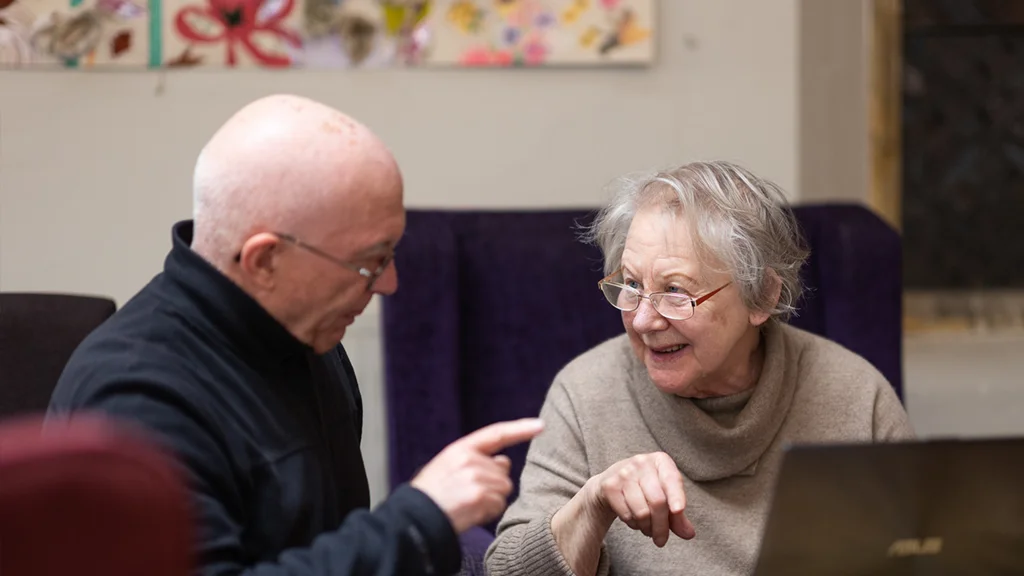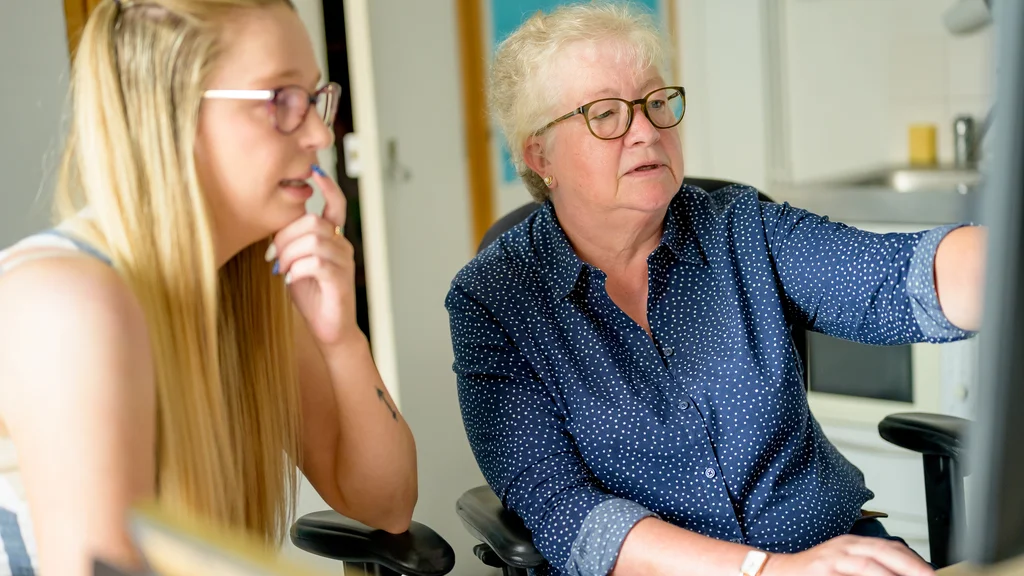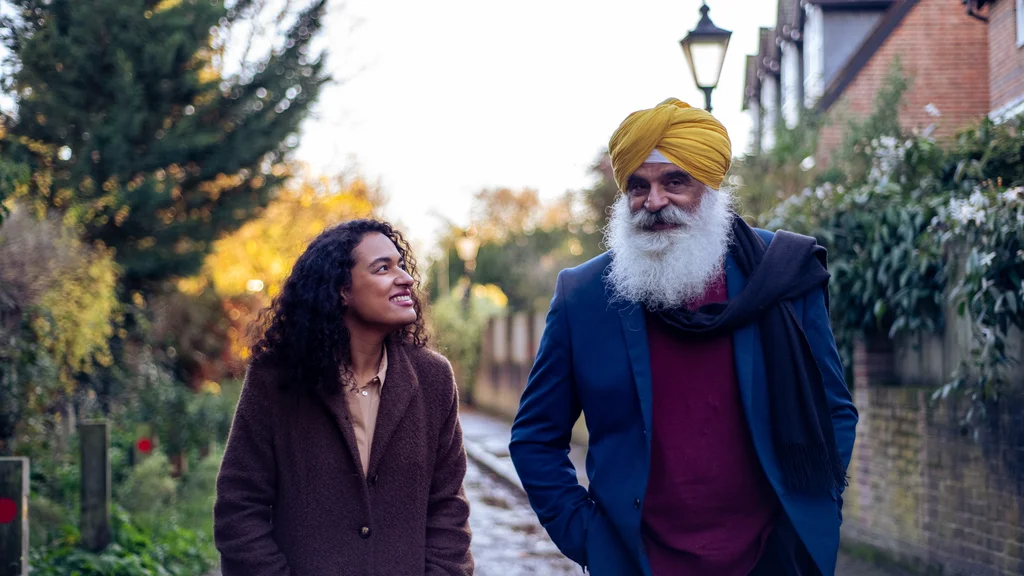Evidence shows that ageism causes significant harm to us all - as individuals, to the economy, to society and the way we view and interact with each other.
Ageism shows up in everyday life in several ways, from our conversations with friends, to the headlines in our newspapers and in our experiences at work.
Negative attitudes to ageing are widespread across society - and older people are often portrayed in a way that reinforces negative associations with getting older.
Like any kind of discrimination, ageism can happen in big, obvious ways and in smaller, day-to-day interactions. Most people don't realise the things they say or think are ageist.
There are three main types of ageism:
1. In society and organisations
Institutional ageism is when ageism is embedded in laws, rules, social norms, policies and the practices of institutions. An example might be an employer screening out older candidates for a job, or not offering older workers the same opportunities for training and development at work.
The way that the mass media characterises older people based on harmful stereotypes, and tends to associate ageing with decline or vulnerability, is another example.
2. Between people
Interpersonal ageism occurs in the interactions between individuals. For example, making negative comments about or insulting someone on the basis of their age.
As with all forms of ageism, interpersonal ageism can be subtle – it could be simply making negative assumptions about someone or their views, for example, because of their age.
3. In ourselves
Self-directed ageism is when a person internalises ageism due to repeated exposure to ageist messages and, as a result, changes their own thinking and behaviour.
For example, someone might consider themselves ‘too old’ to socialise with people at work, or to take up a new exercise. Self-directed ageism can affect the way we perceive ourselves, our self-esteem, and what we think we are capable or worthy of.
Why does it matter?
Evidence shows that ageism causes significant harm to us all - as individuals, to the economy, to society and the way we view and interact with each other. To learn more about ageism check out our FAQs, Ageism key facts & stats and our research page.
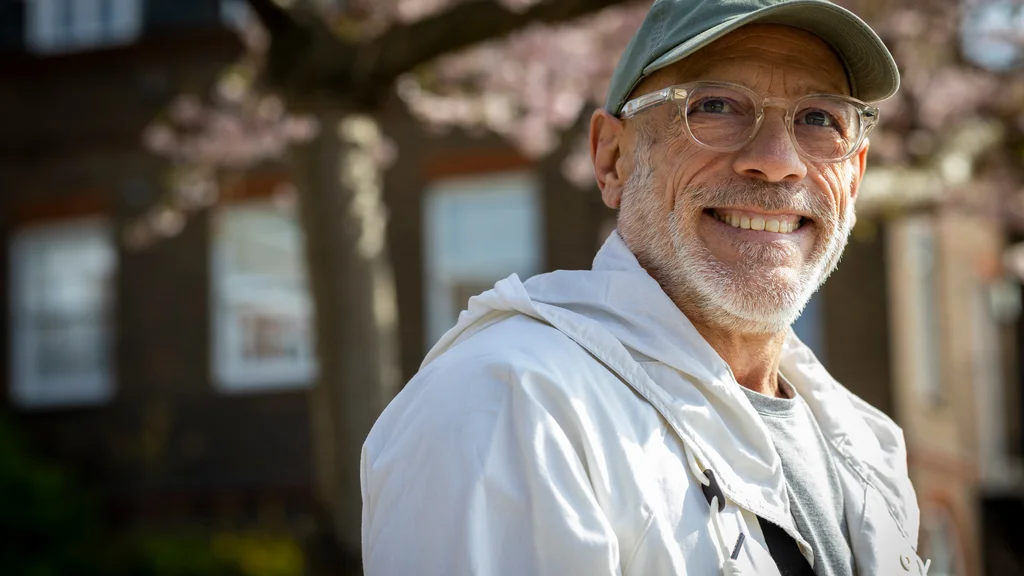
Learn more about ageism
Explore our research on different aspects of ageism and its impact on individuals and society.
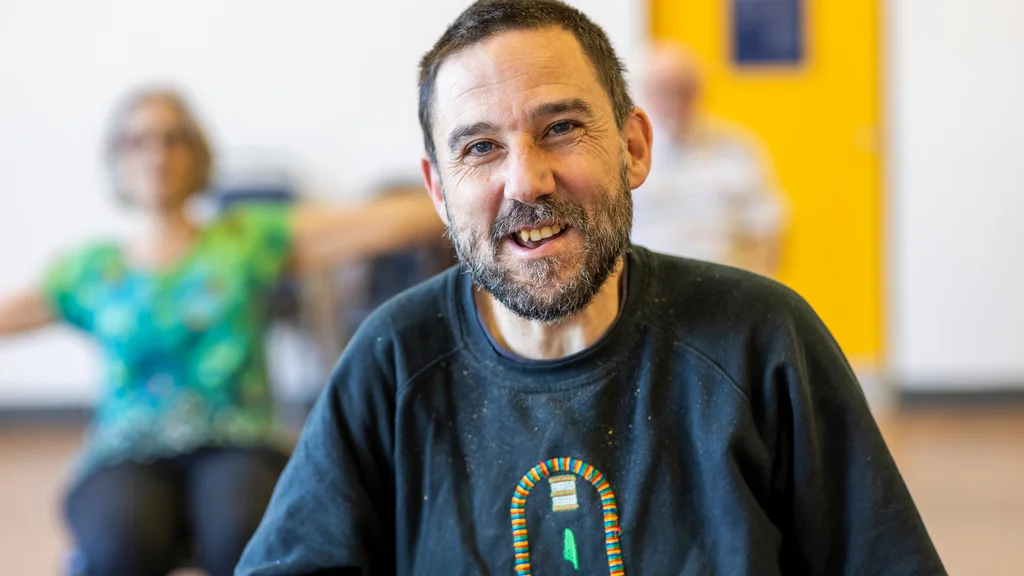
Help to challenge ageism
Everyone, everywhere has a stake in changing how we view older age. Together, we can create a society where age is celebrated, and everyone, regardless of their age, can lead a life of dignity, respect, and opportunity.
You can help
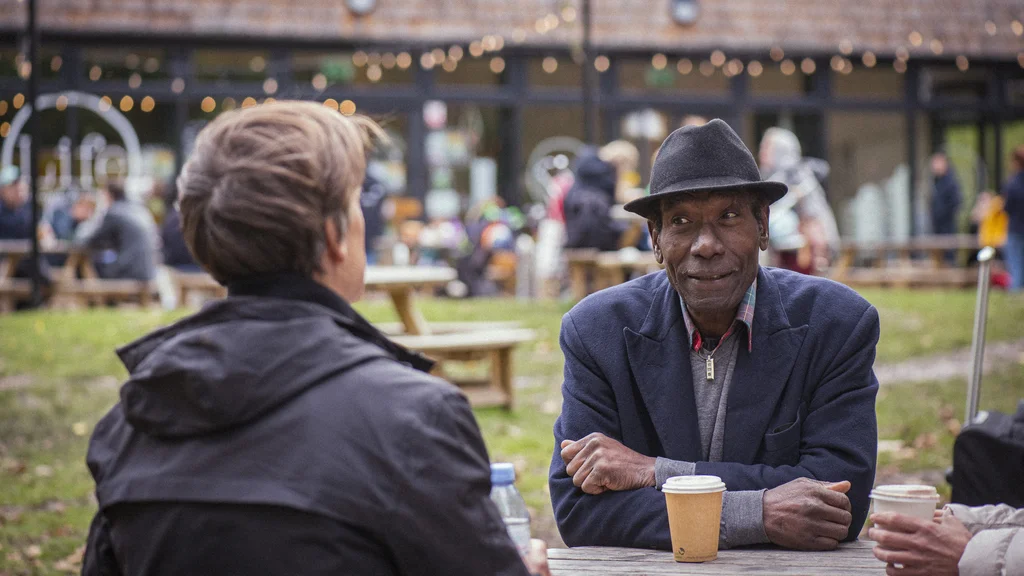
In everyday conversations
We can do many things in our everyday conversations to stop ageism.
